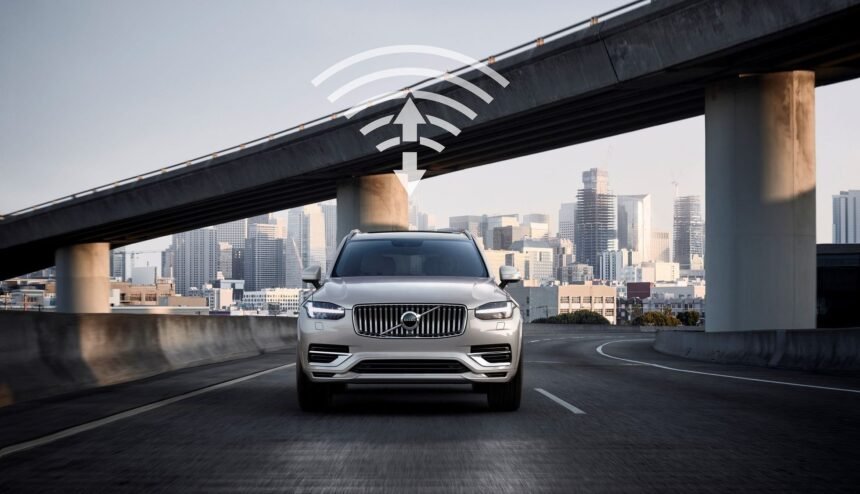The Aerospace Information Research Institute, Chinese Academy of Sciences, has made significant strides in the field of 5G positioning technology. In urban landscapes, high-rise buildings often disrupt signals, leading to inaccuracies in user location. To combat this issue, researchers have developed a novel algorithm that utilizes virtual base-stations (VBSs) to improve the accuracy and efficiency of 5G positioning.
This new algorithm combines time-of-arrival data, particle filtering, and a statistical test for stability to recalculate user location more accurately. In both real-world and simulated scenarios, the algorithm has shown a significant reduction in positioning errors by over 21% and a decrease in computation time by nearly 77% compared to traditional methods. This advancement has the potential to revolutionize 5G navigation in bustling urban environments.
From autonomous vehicles to smart delivery systems, precise location data is crucial for modern urban innovations. However, urban structures often obstruct or reflect 5G signals, resulting in non-line-of-sight errors that can lead to significant inaccuracies in location tracking. Current solutions rely on filtering techniques and deep learning models, which may not always be effective in real-time applications due to their dependence on large datasets or additional hardware.
To address these challenges, a team of engineers from Beijing Institute of Technology and China Mobile have developed a new algorithmic framework that leverages virtual base-stations to refine user location estimates without the need for external sensors. This innovative approach integrates particle filters and the Augmented Dickey-Fuller (ADF) test to enhance accuracy while controlling computational costs. Field tests and benchmark datasets have demonstrated the algorithm’s effectiveness in high-precision 5G positioning.
The core of the algorithm consists of a Time-of-Arrival (TOA) positioning model, a virtual base-station generation method, and a stability-checking mechanism. The TOA model collects raw signal timing data from multiple base stations to estimate user position, while the VBS module refines this estimate by generating virtual base-stations through a particle filter. The algorithm is able to recognize when iterations have stabilized using the ADF test, leading to improved positioning accuracy and reduced computation time.
Lead author Song Bao stated, “Our goal was to address the signal disturbances in urban environments with a lightweight, deployable solution.” Co-author Wang Bo added, “We believe this work paves the way for next-level location services in complex urban spaces without the need for additional infrastructure or extensive training datasets.”
This virtual base-station approach has the potential to revolutionize 5G positioning in urban environments. By enhancing signal accuracy without requiring additional sensors or large training datasets, it seamlessly integrates into existing networks. This makes it ideal for applications such as autonomous vehicles, logistics robots, and emergency responders navigating complex cityscapes. Its real-time capabilities also support low-latency services like augmented reality and intelligent transportation.
Future developments will focus on refining the algorithm with additional observational data types while maintaining its fast, lightweight architecture. This will bring high-precision 5G location services closer to everyday reality, offering new possibilities for smart cities and urban innovation.







